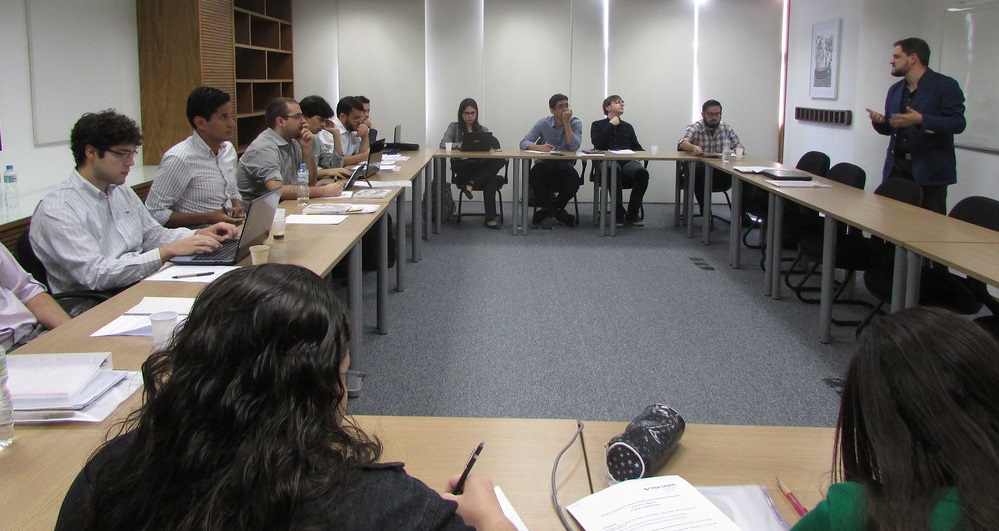São Paulo – São Paulo’s Fundação Getulio Vargas (FGV) is concluding student exchange agreements with the American University in Cairo, Egypt and the American University in Beirut, Lebanon.
The agreements will enable Brazilian udergraduate students in International Relations to take one to two semesters abroad, and for students in the Arab universities to take up to two semesters in Brazil. The program is expected to begin with Arab students coming to FGV next year. Brazilians will only be allowed to travel in 2021, because the International Relations course at FGV began in 2019, and the program is only available from the third year on.
Presently, FGV has students from over 100 countries in its courses. Undergraduate program coordinator Eduardo Mello expects Arab student numbers to increase in years to come.
The new agreement is in line with FGV’s plan to step up relations with the Middle East. “We’re a university in São Paulo, which is a global city with a big community of Middle Eastern origin. It has a very integrated economy, which is part of the chain of trade that involves those countries. Our goal is to provide training that enables dialogue with the Middle East and the Arab world in particular,” Mello told ANBA.
The agreements are being worked on by Oliver Stuenkel, the coordinator of FGV’s MBA program in International Relations, who also handles exchange programs. “This is part of a project to train a Brazilian elite that’s able to deal with the sophistication of a world that’s increasingly multipolar, which requires knowledge that extends beyond Europe and the United States. Brazil requires a sophisticated comprehension of the Middle East, Asia and North Africa. Cairo is a very relevant city, not only because of the country and the economy, but because it’s where the Arab League is based, and it’s a major trading partner of Brazil’s. We want to train specialists in the Middle East,” said Stuenkel.
FGV is part of a global alliance of universities – the International Development and Public Policy Alliance (IDPPA). The coordinator first got in touch with the Arabs at IDPPA meetings. “We identified a mutual interest in the exchange program. Student agreements are often a first step for broader collaboration between researchers and professors. I’m going [to Egypt] next year for a series of events, to discuss Brazil and bilateral relations in cooperation with the Embassy of Brazil in Cairo. The ambassador [of Brazil to Egypt] Antonio Patriota is a very agile, well-connected person. It’s an example of how the Brazilian diplomatic network works in this regard,” said Stuenkel.
The number of seats available per year is yet to be decided, but three to five students are expected to go each way. “The important thing is the networking. When one of our students joins a company, the idea is for them to be able to follow up with the contacts they made as undergraduates. The students can choose based on their preferences, but the American University in Cairo is very well-known. I’m very optimistic that they will be interested. I’m very enthused,” concluded Stuenkel.
Translated by Gabriel Pomerancblum




